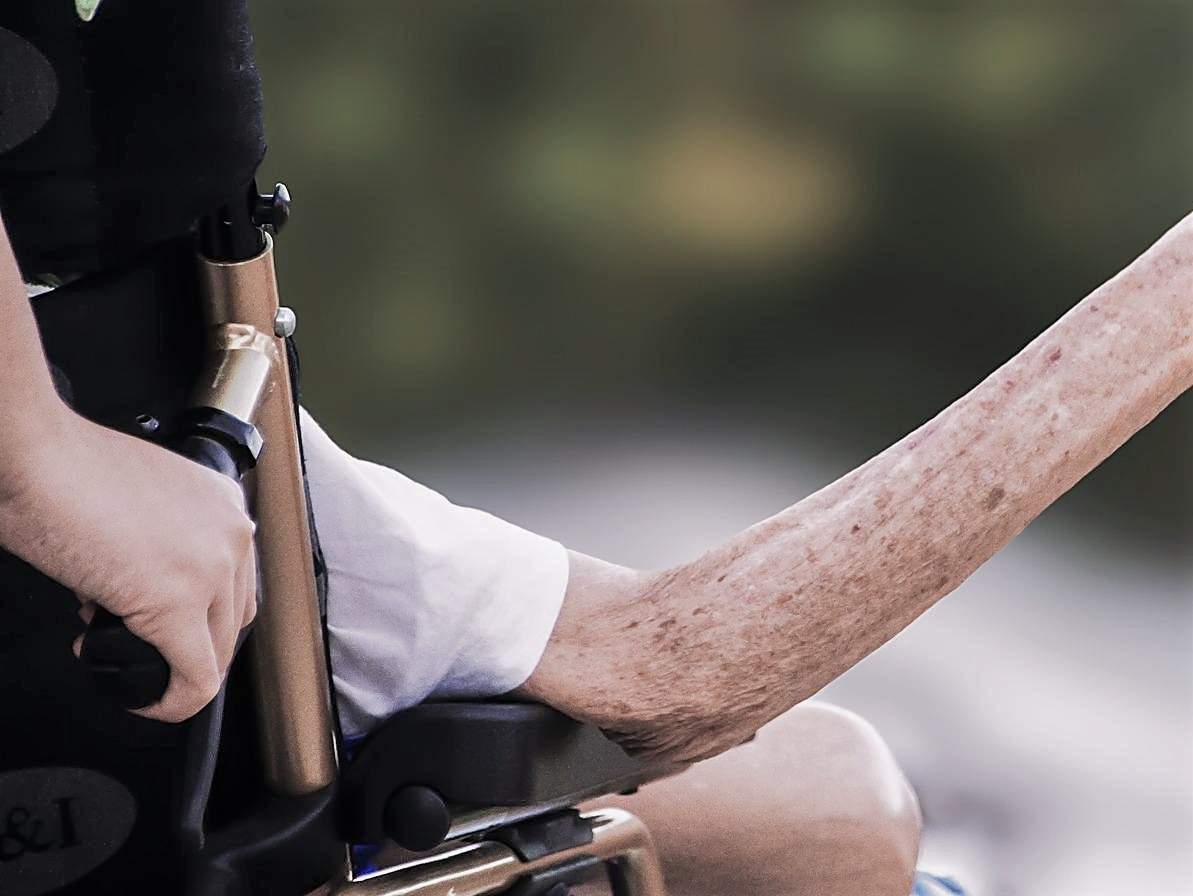-
Advocacy Theme
-
Tags
- Abortion
- Adoption
- Caregiving
- CEDAW
- Disability
- Domestic Violence
- Domestic Workers
- Harassment
- Healthcare
- Housing
- International/Regional Work
- Maintenance
- Media
- Migrant Spouses
- Migrant Workers
- Muslim Law
- National budget
- Parental Leave
- Parenthood
- Polygamy
- Population
- Race and religion
- Sexual Violence
- Sexuality Education
- Single Parents
- Social Support
- Sterilisation
- Women's Charter
Give maids with eldercare duties more support
August 9th, 2022 | Employment and Labour Rights, Letters and op-eds, Migration and Trafficking, News, Older People and Caregiving

This letter was originally published in The Straits Times on 9 August 2022.
Recently, there were two reported incidents of migrant domestic workers with eldercare duties being convicted of harming their care recipients.
No act of violence against anyone, particularly against vulnerable individuals, can be condoned. However, these incidents spotlight the stresses faced by domestic workers who undertake caregiving duties.
A report by the Humanitarian Organisation for Migration Economics and the Association of Women for Action and Research in 2020 aimed to study the “caregiver burden” faced by domestic workers with eldercare duties.
Caregiver burden is the extent to which caregivers perceive the adverse effect that caregiving has on their emotional, social, financial and physical functioning. Those who experience caregiver burden have limited ability to give high-quality care, and have compromised self-efficacy.
The report found that overwork and inadequate rest are common in domestic workers with eldercare duties. They also experience interrupted sleep due to having to respond to their care recipient’s needs at night, such as toileting and medical needs.
Many domestic workers are also given tasks beyond caregiving, such as household chores and cooking, which add to their workload. Many respondents did not have a weekly rest day.
Migrant domestic worker caregivers lack caregiving-specific information and support. There are currently no dedicated agencies or helplines for domestic workers with caregiving duties. While employment agencies are currently required to do post-placement checks with domestic workers, few are equipped to give caregiving-specific support.
In the light of our ageing population, a growing number of domestic workers in Singapore shoulder eldercare duties. There is an urgent need to ensure that they have access to caregiver support groups and specialised helplines.
Many domestic workers also receive very basic eldercare training, which is usually one-off and does not take evolving care needs into consideration. Before deployment, training should be mandatory for domestic workers undertaking eldercare duties. The Government can consider subsidising the cost of this.
It was recently announced that the President’s Challenge 2023 will focus on caregivers. This move is a recognition of the immense sacrifices made by caregivers to care for their loved ones.
As we shed light on the needs of caregivers and aim to give them better support, it is high time we also provide better support for domestic workers who undertake caregiving duties.
Jaya Anil Kumar
Research and Advocacy Manager
Humanitarian Organisation for Migration Economics
Kimberly Wong
Research Executive
Association of Women for Action and Research



